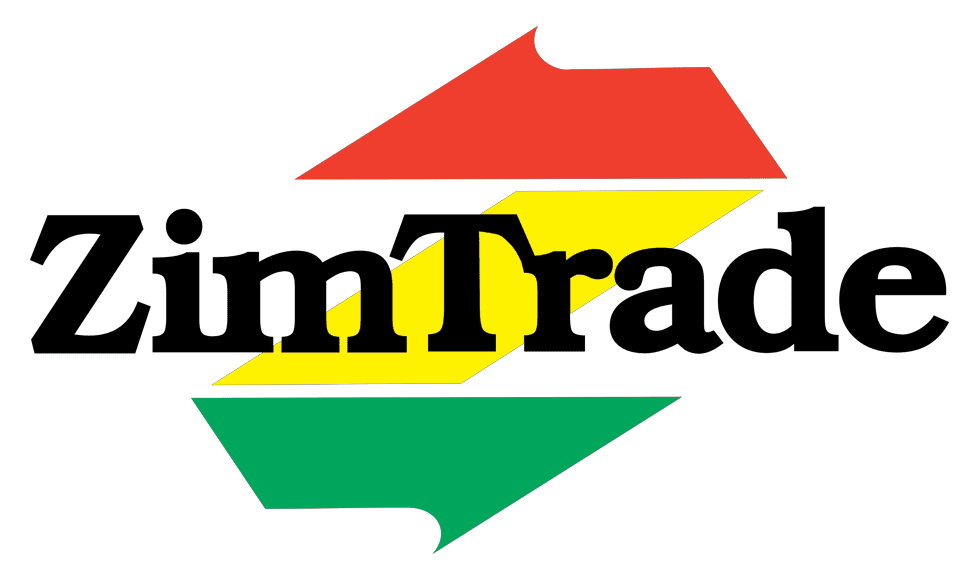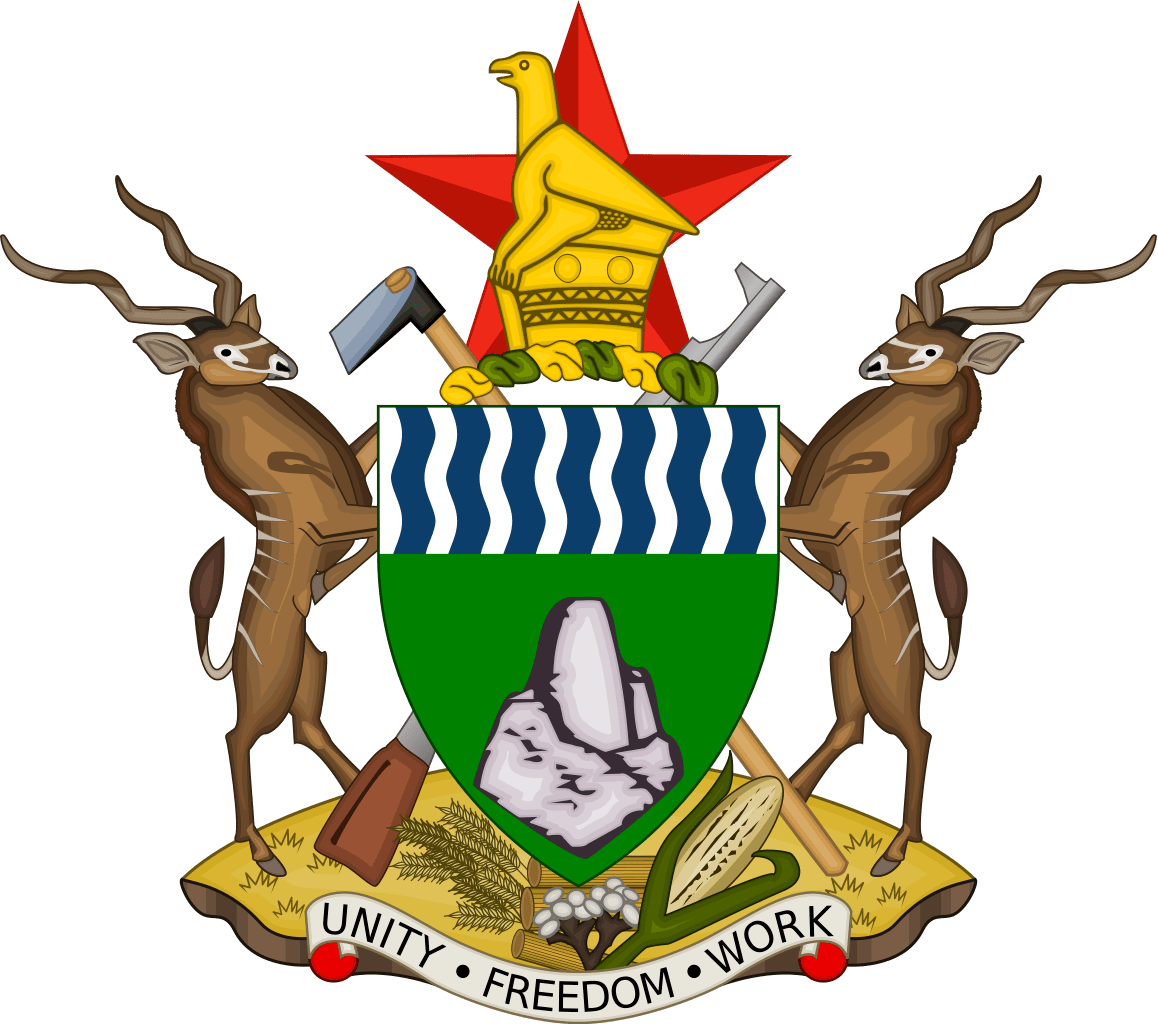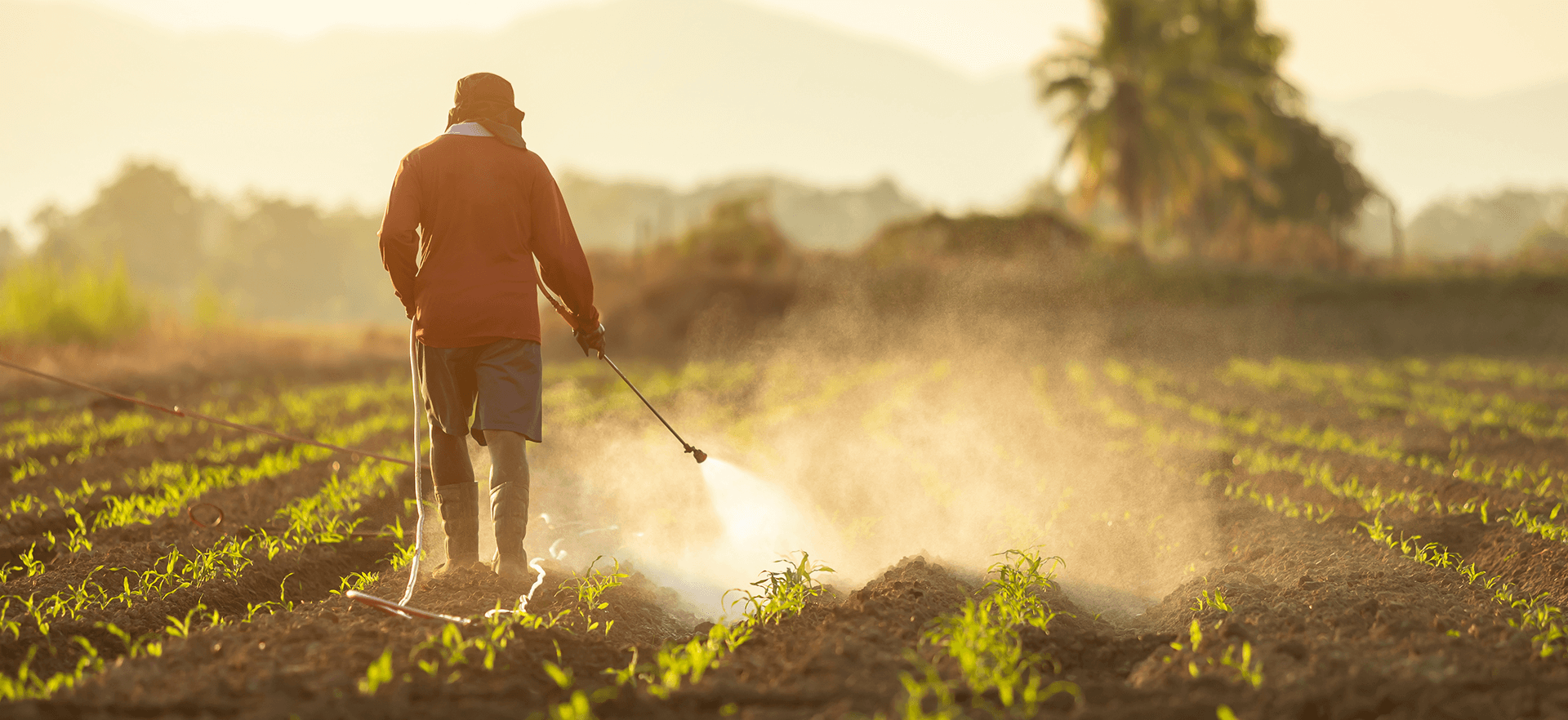By Allan Majuru (ZimTrade CEO)
An increase in the number of chronic illnesses such as diabetes and other related diseases worldwide has challenged the global food industry to embrace better substitutes for oils, starches and more specifically, sugar.
More health-conscious consumers now opt for natural sugars such as honey in place of artificial sweeteners because of the health benefits that are associated with them.
This has seen a surge in demand for honey in particular, whose uses extend far beyond the kitchen table, making it a very important source of income for many economies, and presenting numerous opportunities for Zimbabwean producers.
Honey is considered a rich source of antioxidants and essential vitamins and minerals and the golden coloured delicacy, has found itself being extensively applied in various other industries such as in pharmaceuticals, cosmetics and in the manufacturing of personal care products.
Apiculture, or beekeeping as it is more commonly known, is the practice of keeping and/or studying honey bee colonies, in hives by individuals or communities; and is reported to be able to be traced back to the 18th century in Zimbabwe based on rock art found by historians.
The industry has grown remarkedly since then, with more communities embracing the practice which has provided alternative sources of income and helped pollinate trees in the environment.
A lot more communities are encouraged to adopt apiculture as it requires relatively low- investment with good returns especially for women and the youth.
Current local production is still very low, yet the multi-billion-dollar global honey industry has opportunities available for the country.
To cover the production gap, ZimTrade is working with local producers in developing capabilities for exports which will help in positioning Zimbabwe as a favoured supplier of unique honey and honey products.
Current efforts are also being channeled towards establishing honey export clusters across provinces where there is potential to grow exports.
The product
Honey is a natural sweetener produced by bees using nectar from flowering plants.
It ranges from water-white to dark brown or black in colour.
It has many variants, but most common are acacia, alfalfa, buckwheat, clover honey and wildflower, based on the type of nectar used to produce it.
There are more than 300 monofloral honey types around the world, and while the above listed are highly popular types, wildflower honey has the highest market share of all variants and is projected to grow exponentially in demand over the next decade.
It is usually consumed in raw or processed form, and various terms are frequently used to describe honey in trade which include raw, pure, organic, and unfiltered.
For businesses looking to venture into honey production, there is need to correctly identify the types as this matters in international markets.
Pure honey refers to honey without any other added ingredients.
Whilst at times, other ingredients like corn syrup may be added to honey to reduce costs in industrial use, pure honey does not have any and is sold its purest form.
Raw honey is also a form of pure honey but differs in that it has not undergone pasteurization through heating, and so preserves naturally occurring nutrients and enzymes.
Organic honey refers to honey produced from the pollen of organically grown plants, and those chemicals are not used in the treatment of the bees.
Unfiltered honey has undergone heat processing to remove small particles and is no longer considered pure.
Honey Production
For one to start a beekeeping project they need a place with flowering plants such as crops, indigenous forests, or plantations, as well as a good water supply.
Where temperatures are too high, beekeepers must ensure that there are trees within the vicinity that will help cool down hive temperatures.
Two types of hives are commonly used in Zimbabwe, a Kenyan Top bar hive and a Langstroth beehive.
A standard Kenyan Top bar hive comes with a lid on a zinc sheet and a metal stand or hanging wires and can be purchased from local suppliers from between US$35 and US$40 and can be useful for up to 15 years with yield of up to 15kgs of combed honey per year.
A Langstroth hive ranges from $80 to $100 and gives between 8kgs to 10kgs of pure honey per super which is the box used for collecting honey.
One hive can have as many as 5 to 7 supers even more depending on the availability of forage (pollen and nectar).
Currently, a kilogram (kg) of combed honey is bought at between US$1.50 to US$2.50 depending on grade, taste and colour of the honey.
A kg of processed pure honey ranges from $3 to $8 (wholesale) depending on the market, availability and other factors.
It is also very critical to note that honey fetches higher prices if its properties have been analysed and its benefits and nutritional properties and benefits stated.
Zimbabwean honey is in demand because it is organic, as no chemicals are approved to be used on our bees by the government, but there needs to be documented evidence to illustrate this when courting export markets.
Global Honey Industry
More than half the world’ s honey production comes from the Asia-Pacific region, with China traditionally being the world’s largest producer by tonnage, accounting for almost 30 percent of the world’s honey production.
Global trade in natural honey has seen a notable increase, particularly in the recent past owing to the COVID-19 pandemic, having grown from US$2,4 billion in 2017 to US$2.7 billion in 2021.
Top exporters are New Zealand, China, Argentina, Brazil, Germany, Ukraine, India, Spain, Viet Nam, Hungary and Mexico.
In 2021, the top exporters of Natural Honey (HS Code 0409) were New Zealand exporting over US$327.2 million worth of honey followed by China which exported US$260 million.
The total global honey market is forecasted to grow from US$8.17 billion in 2021 to US$11.88 billion in 2028.
Leading importers of the sweet delight include United States, Germany, Japan, France and the United Kingdom who mostly use it in the food industry.
In terms of what potential exporters are likely to get, price per tonne of honey in 2021 ranged from US$1,800 to US$23,667 depending on the type and market.
Some of the most expensive honey comes from New Zealand which produces a unique type of honey called manuka honey, which is produced from the mānuka mānuka myrtle tree mostly found in that country and in Australia.
This special honey is said to cure digestive ailments, including acid reflux and fungal infections; and is said to help alleviate upper respiratory issues such as allergies, sinus issues and sore throats among others.
With its innumerable indigenous trees and forests, there are opportunities for local producers to research and develop niche types of honey unique to Zimbabwe, and to prove their unique qualities in order to fetch high prices.
Market considerations
European consumers prefer highly innovative food products with new flavours which must be low-calorie, natural and healthy.
They also pay keen attention to food safety issues and sustainable trade and are wary of the implications of GMO products.
A lot of attention is also paid on GMOs in honey and many importers in Europe currently demand honey with a GMO-free certificate in addition to requirements.
Honey exported to Europe must comply with specific EU honey legislation Directive (EC) 110/2001 (amended by Directive 2014/63/EU regarding honey label requirements) as well as the Maximum Residue Levels (MRL) for residues and general EU food legislation with respect to food safety and traceability.
An Organic certification helps markets favour honey, and labels stating this may need to be backed by the documented proof.







